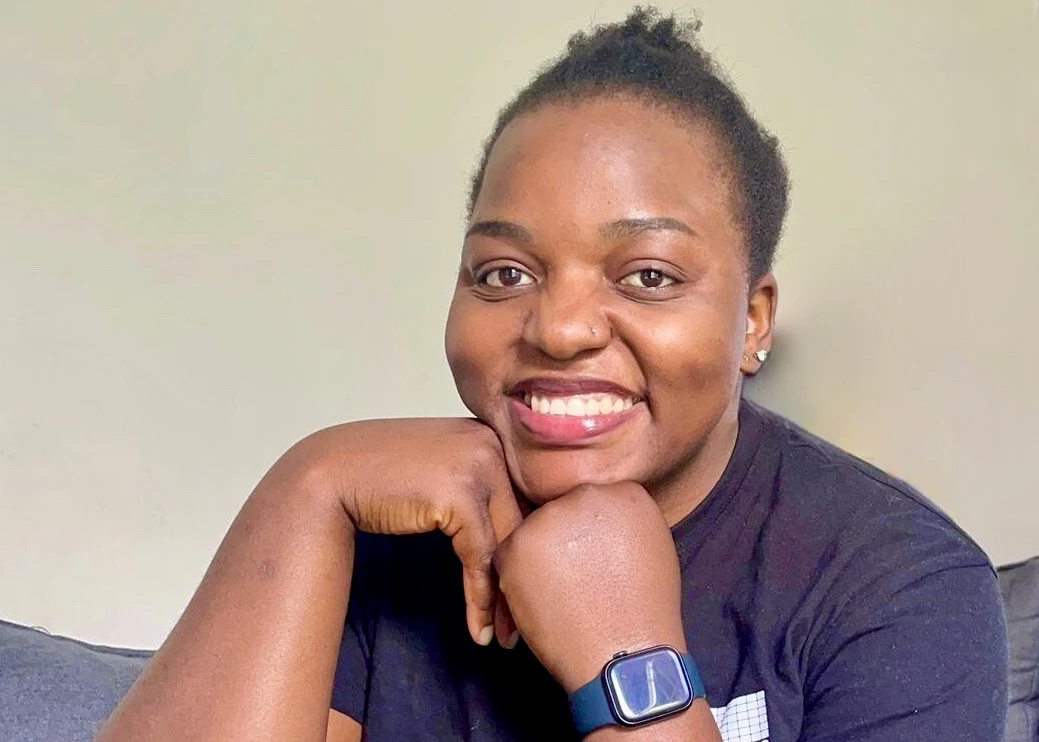
Erica: "When the municipality found a home for me, I had mixed feelings"
Share on social media:

If you get an asylum residence permit in the Netherlands, you often have to wait a long time for a home. And you do not know in advance where you are going to live. Eddie and Erica were in this situation. "The housing crisis is affecting everyone."
Eddie: "I waited 5 years for a home"
Eddie fled from Uganda to the Netherlands in 2019. He prefers not to be mentioned by last name. While getting his new home in Eindhoven in order, he talks about his moves within the Netherlands. He moved 3 times before getting a permanent home. That does not even include the 3
"I was first linked to a municipality in Zuid-Holland called Heeze-Leende, near Belgium. But I never ended up living there. After 9 months of waiting, I was linked to the municipality of Nuenen," he says. "Then I had a temporary home for 2 years, for students and young people with an asylum residence permit." In total, it took 5 years for Eddie to get a real home. Still, he considers himself lucky. "It would not be fair to complain either," he says. "If I get a home while someone from the Netherlands has been on the waiting list for years, it means there is focus is on me."
Erica: "I thought it was unfair that I had to accept my home"
Erica Sirri Bongnwi, a refugee from Cameroon, had a conversation with COA in which she discussed her plans to study and work. She was given a home in the Frisian village of Oentsjerk. "When my municipality found a home for me, I had mixed feelings. I felt relieved to have a place of my own. But although my home is reasonable, the location limits me from studying and finding suitable work," she explained.
She thinks the municipality's policy is unfair. Municipalities require people with residence permits to accept the home the municipality offers. Despite these challenges, Erica is grateful. Now she can sit at her table in peace and think about how to organise and rebuild her life.
Like Erica, Eddie was especially concerned about his placement in a rural area. He feared it would make it harder for him to work. "We often do not have the skills needed for an office job in the Netherlands. Especially our language level is often not good enough yet," Eddie said. "Our best opportunities are in physical labour, and most of these jobs are in the big cities." He is glad he was able to move to Eindhoven: "I think they thought: this guy works, let's put him closer to his work."
Wim: "Many people mistakenly think refugees get priority for a home"
The
Wim ten Vaarwerk worked as a programme supervisor at COA and is now active as a volunteer at
The shortage of social housing is the reason for the long waiting lists, according to Wim. "The crisis is due to the government's emphasis on supporting the construction of owner-occupied homes. Instead of investing in building and maintaining social rental housing. According to a report by
Eddie: "Sometimes it is a stroke of luck"
Eddie believes it was ultimately a stroke of luck to change municipalities 3 times. "That is how I ended up in Eindhoven," he says. Before moving to Eindhoven, Eddie travelled 1 hour and 10 minutes to work every day. Now it is only a 20-minute bike ride.
This story was written by Esther Muwombi of